|
I am a second-year PhD student at Johns Hopkins University, where I am fortunate to be advised by Bloomberg Distinguished Professor Alan L. Yuille. Before that I was an M.S. student at Tsinghua University, where I worked under the guidance of Prof. Hairong Lv. I also spent wonderful time interning at Microsoft Research and UIUC. My current research interest lies at the intersection of computer vision and natural language processing, in particualr visual architectures and vision-language understanding. |

|
|
[2025.05] Our paper of Patchification Scaling Laws is accepted by ICML2025. We find that a pixel is worth a token! [2025.02] Our papers of Adventurer and Mamba-Reg are accepted by CVPR 2025! [2024.07] Our SCLIP paper is accepted by ECCV 2024. It's an elegant way to extract dense CLIP features without training! [2023.08] Come to JHU and start my PhD life! [2023.01] One paper accepted by ICLR 2023! [2022.07] Come to MSRA NLC group for internship! [2022.07] One paper accepted by ECCV 2022! ... |
|
|
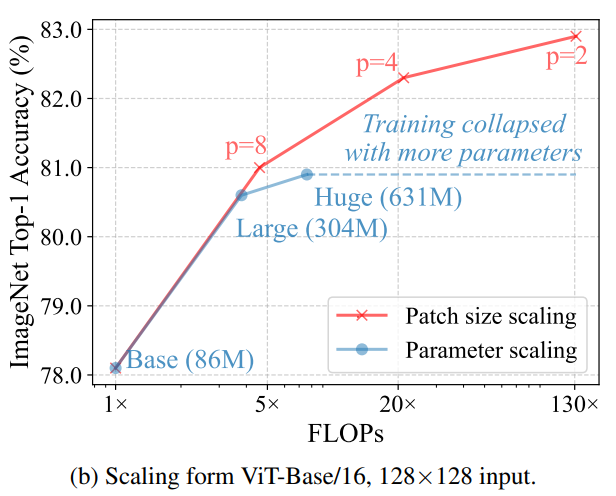 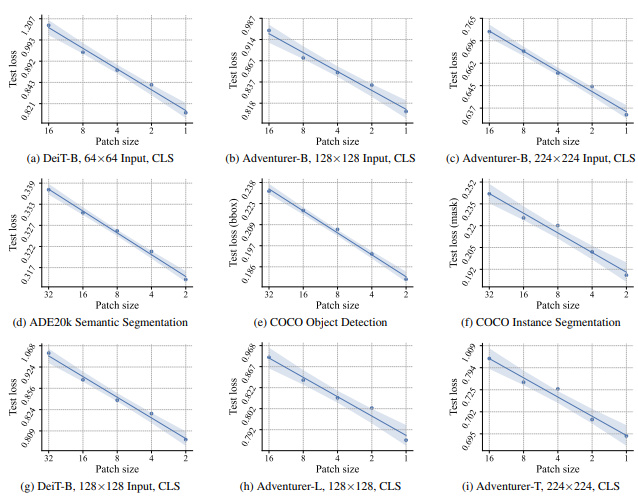
|
Feng Wang, Yaodong Yu, Wei Shao, Yuyin Zhou, Alan Yuille, Cihang Xie ICML 2025 . | arXiv | code We introduce Patchification Scaling Laws, where we find that the patch size of Vision Transformers and recurrent models can be scaled down to 1x1 with consistently improved predictive performance. We challenge the notion that "an image is worth 256 tokens"---actually it is worth 50,176 and even more. |
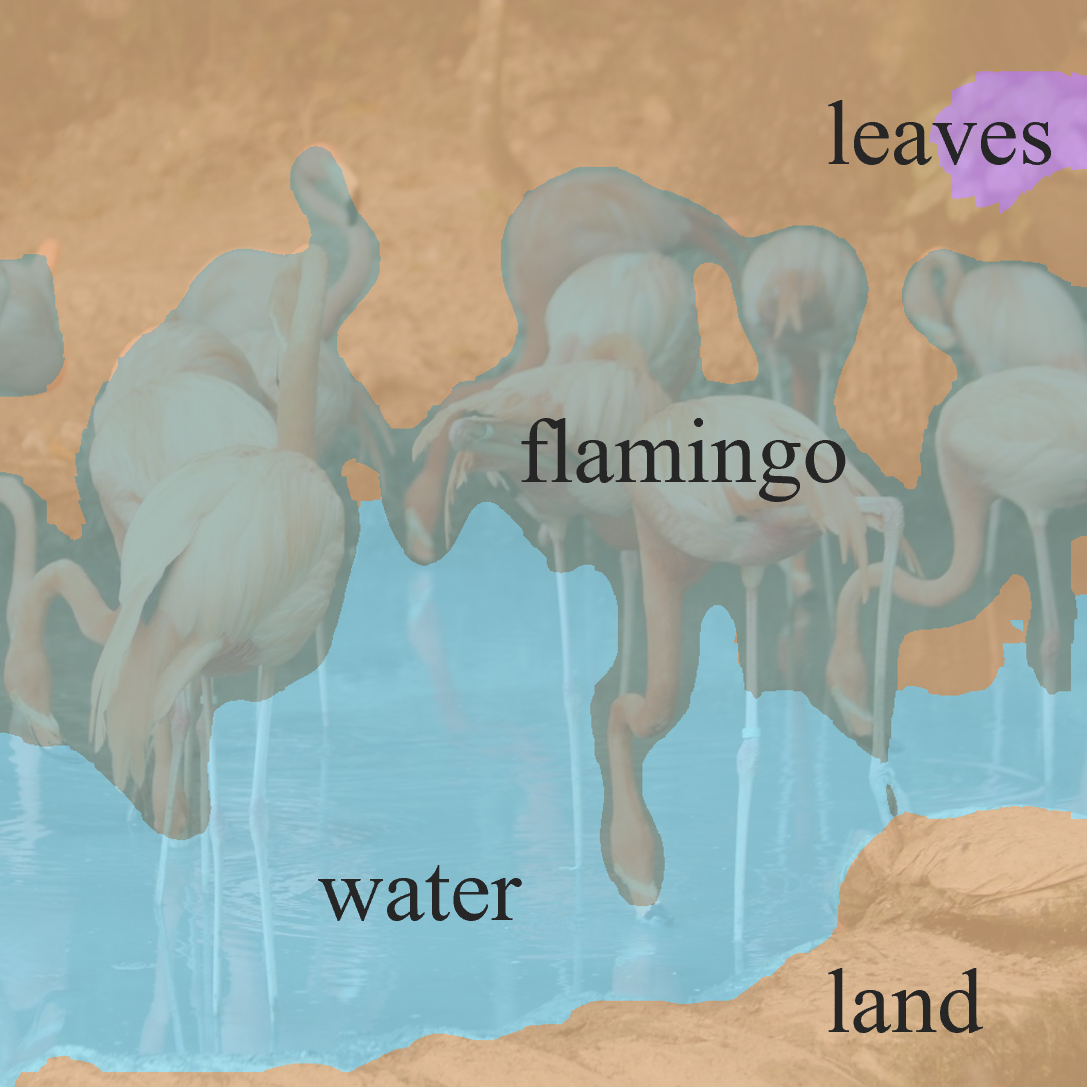 
|
Feng Wang, Jieru Mei, Alan Yuille ECCV 2024 . | arXiv | code We present a zero-shot semantic segmentation model called SCLIP (Segmentation-adapted CLIP model), which leverages our newly proposed correlative self-attention mechanism and allows training-free adaptation to semantic segmentation tasks with CLIP. |
 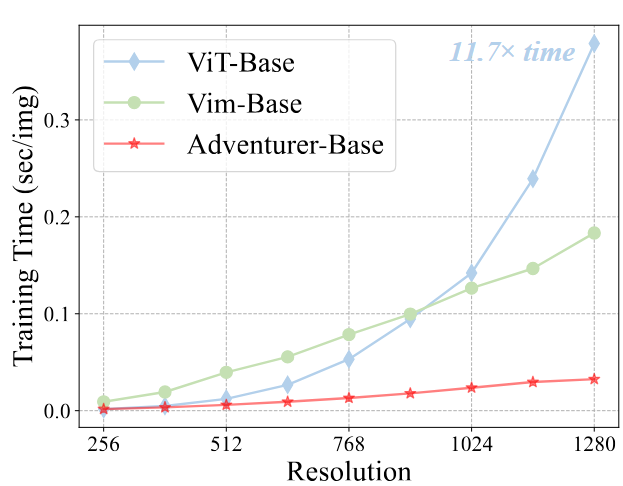
|
Feng Wang, Timing Yang, Yaodong Yu, Sucheng Ren, Guoyizhe Wei, Angtian Wang, Wei Shao, Yuyin Zhou, Alan Yuille, Cihang Xie, CVPR 2025 . | arXiv | code we present a comprehensive analysis of causal image modeling and introduce the Adventurer series models where we treat images as sequences of patch tokens and employ uni-directional language models to learn visual representations. This modeling paradigm allows us to process images in a recurrent formulation with linear complexity relative to the sequence length, which can effectively address the memory and computation explosion issues posed by high-resolution and fine-grained images. |
 
|
Feng Wang, Jiahao Wang, Sucheng Ren, Guoyizhe Wei, Jieru Mei, Wei Shao, Yuyin Zhou, Alan Yuille, Cihang Xie, CVPR 2025 . | arXiv | code Similar to Vision Transformers, we identify artifacts also present within the feature maps of Vision Mamba. These artifacts, corresponding to high-norm tokens emerging in low-information background areas of images, appear much more severe in Vision Mamba. |
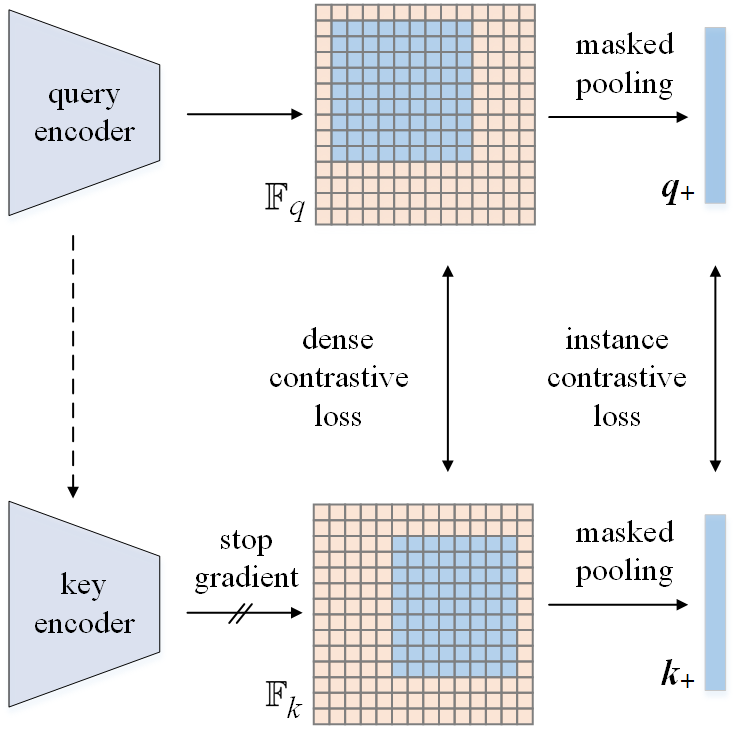 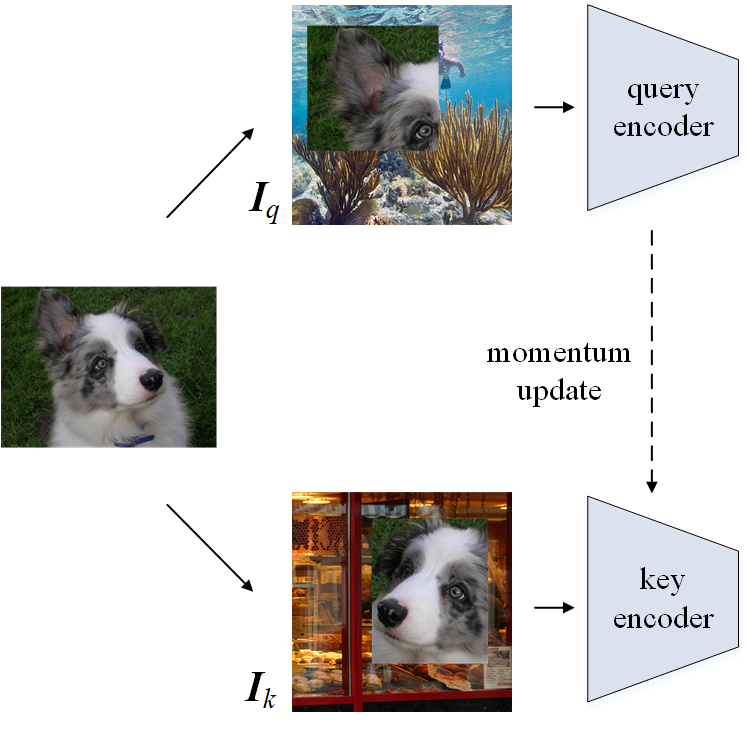
|
Feng Wang, Huiyu Wang, Chen Wei, Alan Yuille, Wei Shen ECCV , 2022 | arXiv / code We propose a dense (pixel-wise) self-supervised contrastive learning method called CP2, which facilitates both image- and pixel-level representations. We obtain 78.6% mIoU with a ResNet-50 and 79.5% with a ViT-S by finetuning CP2 pretrained models on PASCAL VOC. |
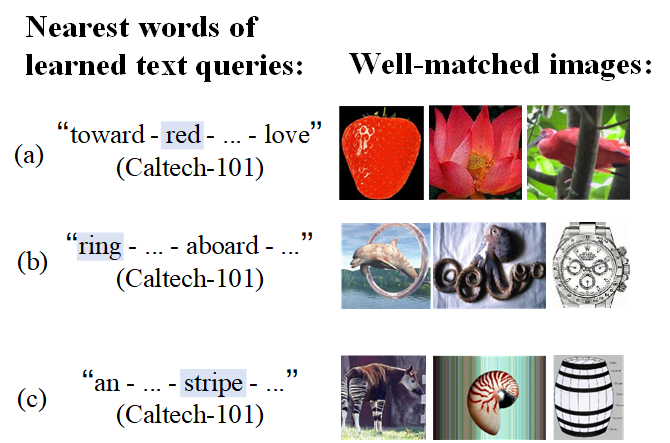 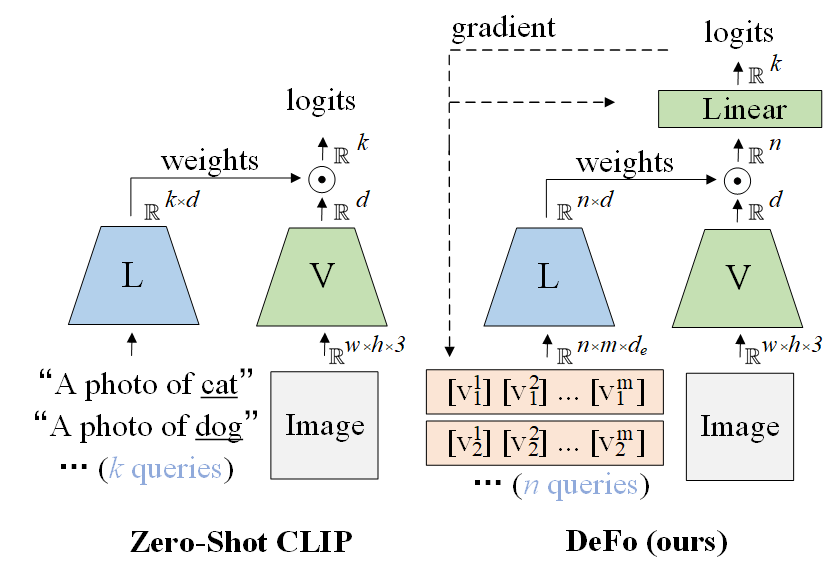
|
Feng Wang, Manling Li, Xudong Lin, Hairong Lv, Alexander G. Schwing, Heng Ji ICLR , 2023. | arXiv We propose a novel vision-language model called Decomposed Feature Prompting (short as DeFo), which decouples the language inputs from the classes to be inferred, and learns to extract detailed visual features with textual prompts. |
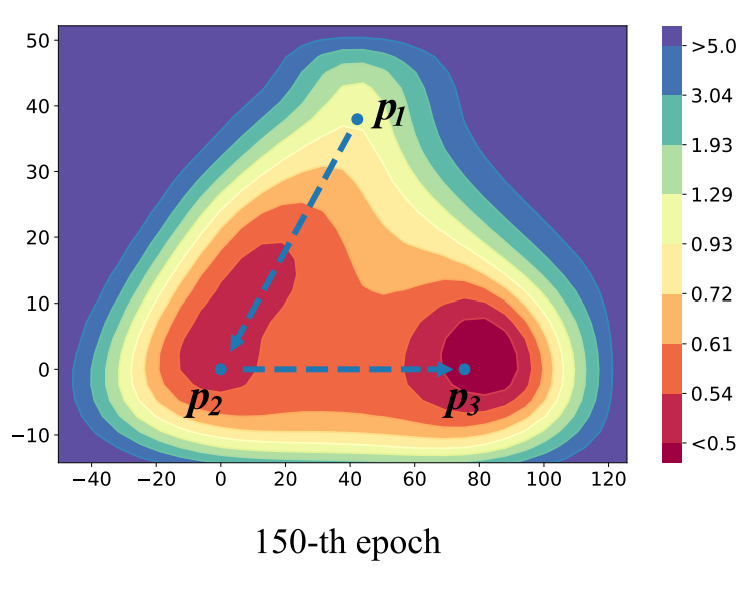 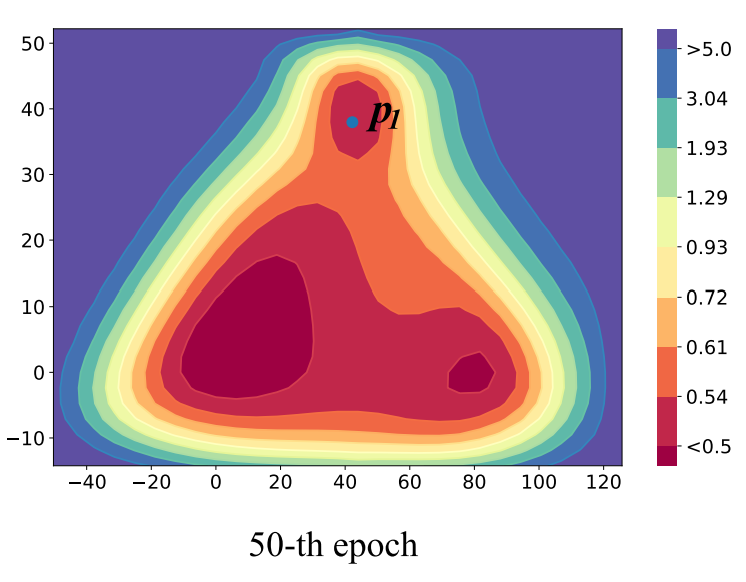
|
Feng Wang, Guoyizhe Wei, Qiao Liu, Jinxiang Ou, Xian Wei, Hairong Lv NeurIPS , 2021 | arXiv We propose a novel checkpoint ensemble called Checkpoint Boosted Neural Networks (CBNN), where a boosting scheme is utilized to accelerate model convergence and maximize the checkpoint diversity. Our superior performance is supported by a theoretical proof. |
|
Last update: May. 2025 Template |